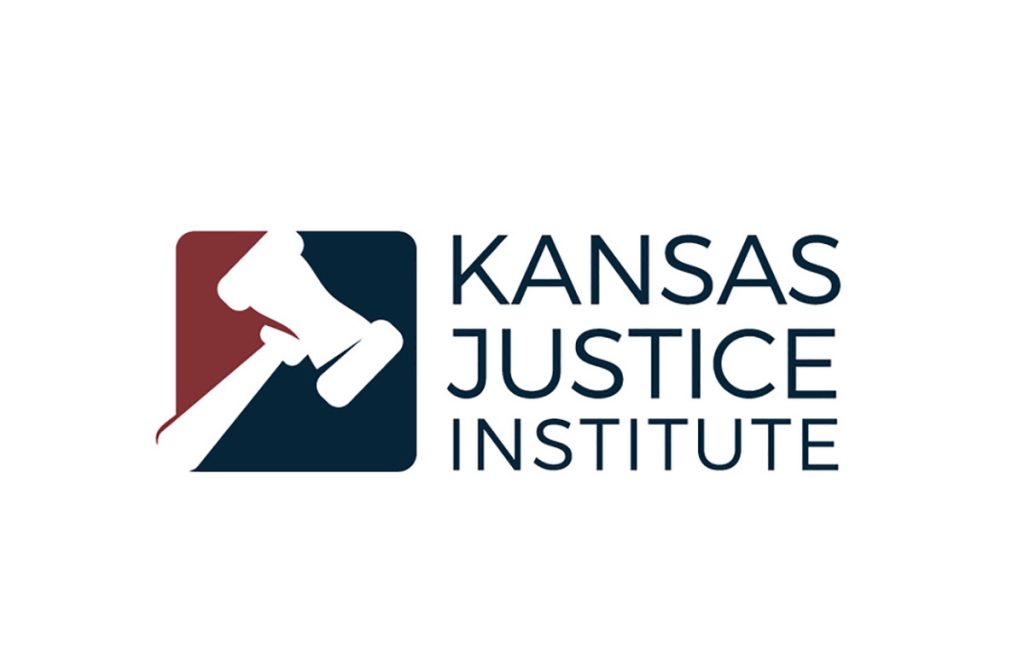Award-Winning Kansas Dog Trainer and Handler Files Suit to Protect Property and Privacy Rights
Kansas Justice Institute stands up for rights of all Kansans by challenging licensing and warrantless search regime
Oct. 24, Cowley County, Kansas– Scott Johnson is an award-winning and nationally recognized dog trainer and handler in Cowley County. For everyone else, their home is their castle. But under Kansas law, Scott’s homestead is subject to surprise, nonconsensual, warrantless searches by government officials, all because Scott obtained a state-mandated license.
Scott built his training and handling business from the ground up, and he runs it from the homestead he shares with his wife, Harlene.
Making matters worse, the government’s licensing and warrantless search regime penalizes law-abiding Kansans like Scott if they or their government-mandated designated representative are more than thirty minutes away from their property when the government inspector shows up for the surprise search. For rural Kansans, this is difficult.
Moreover, asking the government inspector to come back at a more convenient time subjects license- holders to penalties as well.
Scott’s wife, Harlene Hoyt, who is the government-mandated designated representative says, “I am a clinic manager for our local hospital, I manage six of the primary care clinics. It is very hard for me to step away from supervising that many people.”
Scott Johnson, with the help of Kansas Justice Institute, filed a lawsuit today in the United States District Court for the District of Kansas to protect against the unreasonable, unannounced, warrantless searches as well as the unconstitutional licensing requirements.
Sam MacRoberts, litigation director of KJI, says, “Training a hunting dog to sit or point isn’t a good enough reason to ignore Scott and Harlene’s property and privacy rights, protected by the Fourth Amendment —but that’s exactly what’s happening here. In fact, the whole reason our nation’s Founders included the Fourth Amendment was to protect against the very thing that’s happening here.”
“Scott and Harlene’s rights don’t end the moment Scott trains or handles a dog,” MacRoberts said.
Scott trains and handles dogs from across the country for field and upland work and is nationally recognized for his success. As part of the government’s licensing and warrantless search regime, though,
he is required to have a state-mandated license, and, as part of the license, he is forced to waive his Fourth Amendment rights.
Scott Johnson says, “The state says we must be here when they want to inspect us at any time with no warning, and if we’re not here when they come in, they give us 30 minutes to be here, and if we’re not here we receive a fine. That doesn’t seem right to me.”
“The 30-minute requirement doesn’t make a bit of sense, but especially for rural Kansans.” MacRoberts said. “Just getting to the grocery store and back usually takes more than thirty minutes.”
In addition to operating Covey Find Kennel, Scott is the president of the Southern Kansas Brittany Club, has handled multiple national champion dogs, and sits as a director of the Brittany Field Trial Hall of Fame.
MacRoberts continued, “The Bill of Rights shouldn’t be ignored because you run a business from your home.”
KJI is the litigation arm of
Kansas Policy Institute. KJI took action on the use of mobile GPS data by the
Kansas Department of Health and Environment in the spring of 2020 and won their first lawsuit
protecting the First Amendment rights of raw milk farmers in 2019. They’ve also filed amicus briefs in
the U.S. Supreme Court and to protect the rights of a “innocent” Johnson County (KS) man whose classic
car was seized by the Kansas Highway Patrol. KJI also represented a family business prevented from
hiring their mother due to onerous licensing requirements, a case ultimately dismissed after legislative
remedy.
CONTACT: Ellen Hathaway, Communications Director of Kansas Policy Institute: [email protected]

